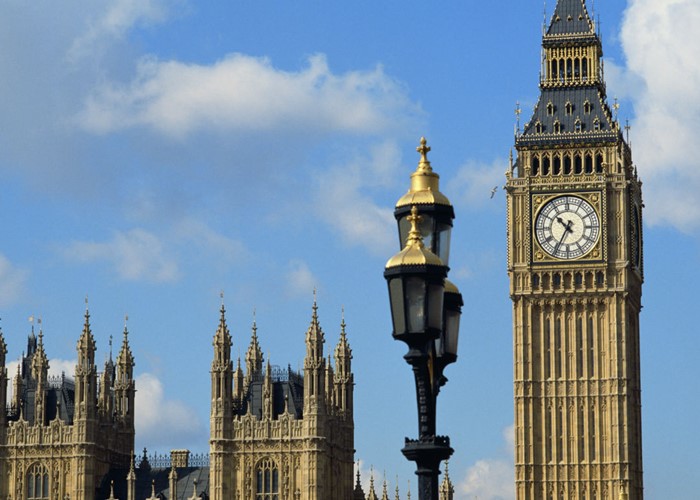These sick scammers are taking advantage of war and death

From the bloodshed in Syria to death of the Venezuelan President, these sick scammers don't miss an opportunity to separate you from your money.
The sickness of those operating the notorious Nigerian 419 letter scam letter – those that promise you a share in hidden loot from dead dictators if only you give the writer a helping hand – has no bounds.
Apparently from the bloodbath that is Syria comes an email claiming to be from the brother-in-law of a Syrian government minister. And guess what? He wants my help, as “a reputable foreigner”, in helping him “secure his family's future in case the unexpected happens”.
In return, I get 15% of the $73.9million he has apparently squirrelled away. I suspect that for some of those at the heart of repressive regimes, that is just small change. And of course it is total nonsense. The promised $11 million is an illusion, to appeal to my greed. If the cash was real, he would already have it in some tax haven under an impossible to penetrate trust.
Hugo Chavez scams will be next
Leaving imaginary Syrian ministers aside, this shows how 419 racketeers keep up with the news. And it will happen with Hugo Chavez, the late president of Venezuela who died a few days ago. For millions, he was revered as a demi-god. For other millions, he was reviled as the devil incarnate. He was loved by Ken Livingstone – loathed by George W Bush.
But it doesn't matter what your own view is. For even as the Venezuelan government's official mourning period continues and the thirty-day election period starts, scamsters across the globe are working on schemes to use his name to feather their financial nests.
Everyone knows that Venezuela's wealth – and the source of Chavez's generosity in social projects – stemmed from massive oil reserves. And many believe that, despite holding elections, he ran the country as if he owned it.
Put the two together, and there is a perfect recipe for corruption, for skimming a cent from each barrel of oil and sending it to a numbered bank account. Now, this story will say, he had hidden $53.4 million (or some such exact sum) in a secret deposit, and that the writer has the location but, for various reasons, is unable to get the cash. He will pose as a close associate or relative who needs a third party to loot the money.
The recipient has been specially chosen as the one person in the world who can unlock the account. And in return for that help, there will be a reward of a third of the money – almost $18 million this time.
It is utter nonsense. Besides a lack of evidence, it is even more ludicrous to believe they need my help when there are so many money laundering professionals.
Chavez 419 letters will not happen in the next week. Fraudsters know that time is on their side – it will sound better to “find” the money in a few months' time rather than now. This has been the method of those sending messages about former African and Asian leaders.
Who falls for these scams?
I confidently expect the comments at the end of this article to be full of “no one is that stupid” and “does he seriously think we need warning about this” and “stop wasting our time with such a well-known scam”. Some may be less polite.
I used to think like that until I met victims who started handing over a few thousand pounds for “legal expenses to unlock the account”, and then more and more as the target apparently moved nearer and nearer. They ended up losing everything, their savings and the homes they had remortgaged, their families and, sometimes their sanity.
It is dangerous to underestimate fraudsters' abilities and to overestimate the ability of targets to employ common sense when faced with huge, if imaginary, cash sums.
Last month, a reader with an unusual double-barrelled surname sent me a 419 letter she had received at home with the correct postcode. It told her that a “distant relative” Charles (with the same surname) had died a few years ago without a Will but leaving a huge fortune in a Chinese bank.
Apparently sent by his “investment manager”, it sought the recipient's help and begged her to “keep this communication confidential due to its sensitivity as we do not want this inheritance to fall into the wrong hands".
It is easy to send these letters. Type an unusual surname into a website and you get all those with that name on UK voting lists and their addresses. I've had my surname used.
But the note the recipient enclosed with the letter did indicate that somehow she hoped against hope it might be genuine. This scam is centuries old. Pigs don't fly and 419s only deliver misery.
More on scams:
The fraudsters who rely on the good name of others
ICSS: this premium rate number rip-off will cost you a fortune
Phishing - the simple scam that will never die
This vacuum cleaner scam will cost you
Return of the wine scammers
The worst scams of 2012
Comments
Be the first to comment
Do you want to comment on this article? You need to be signed in for this feature